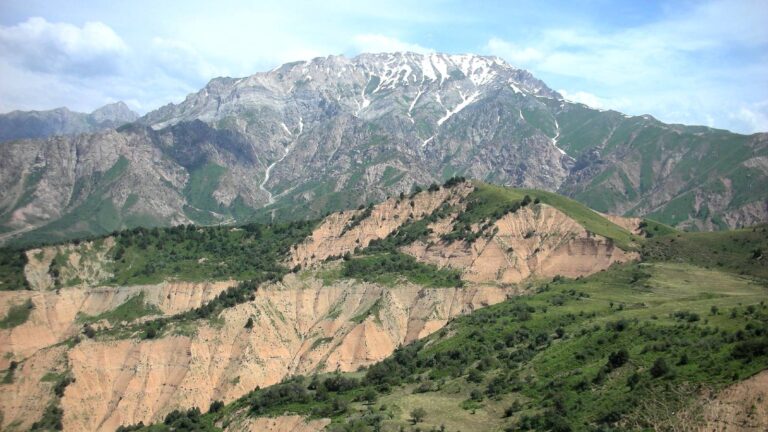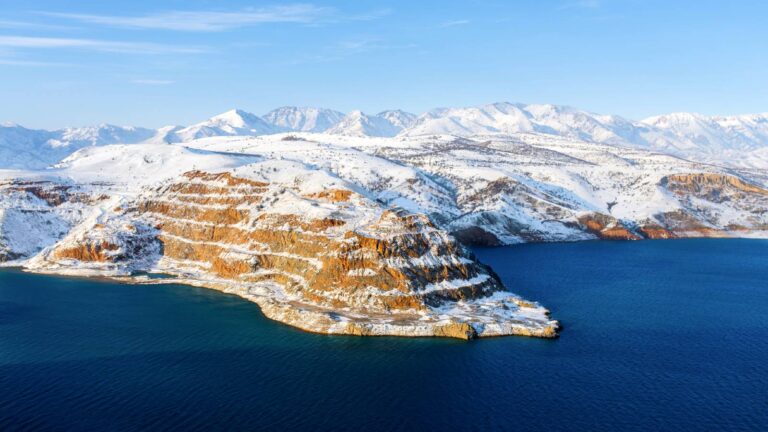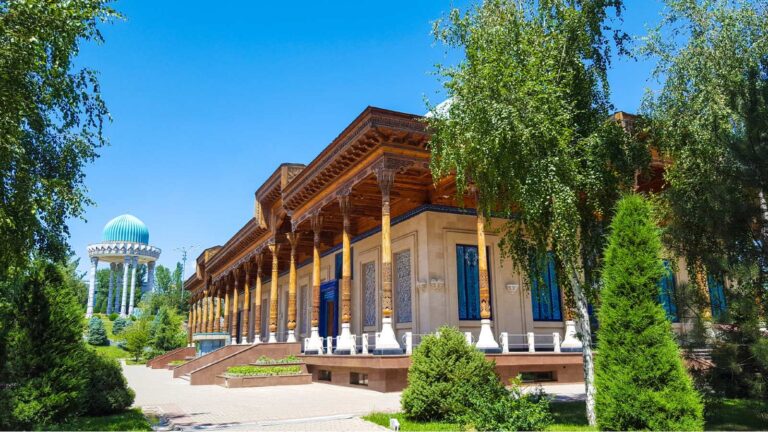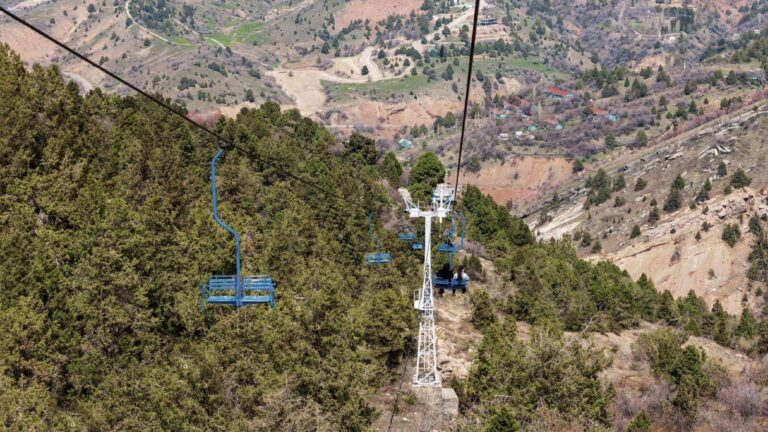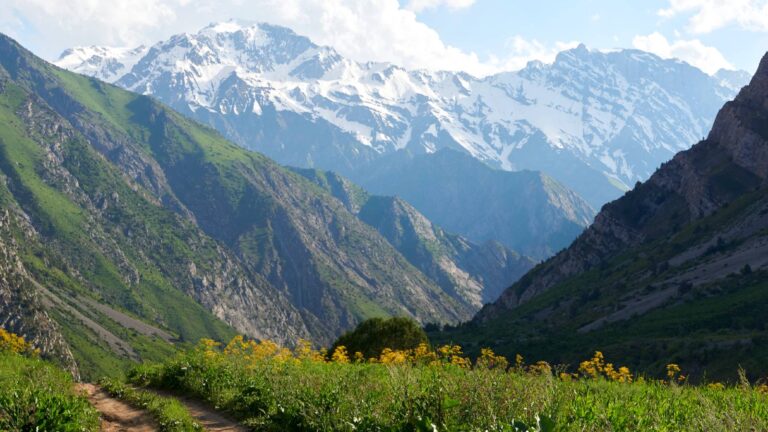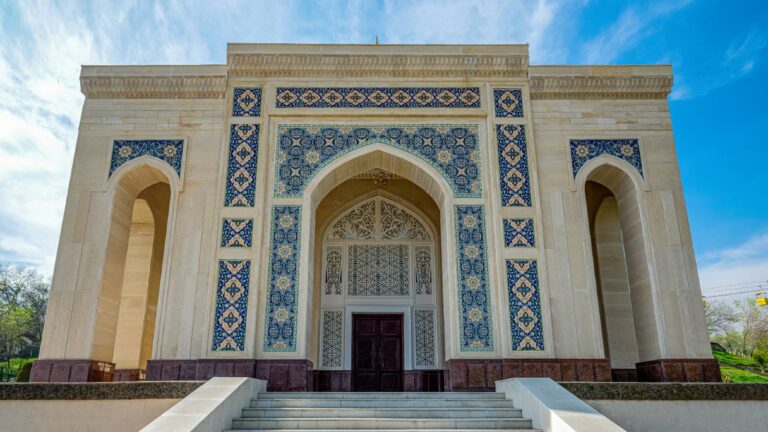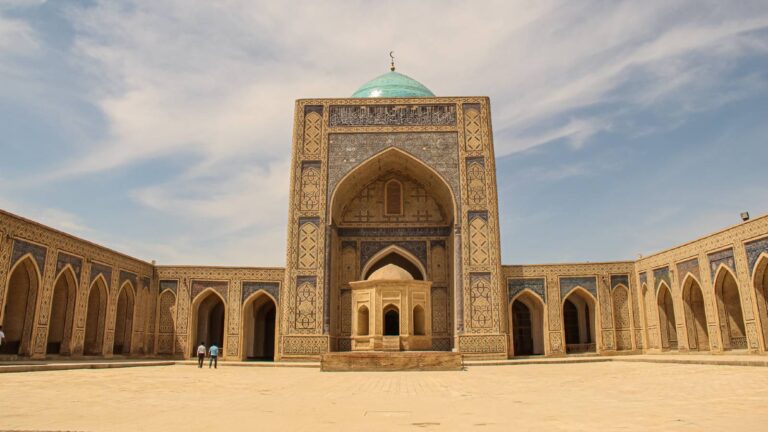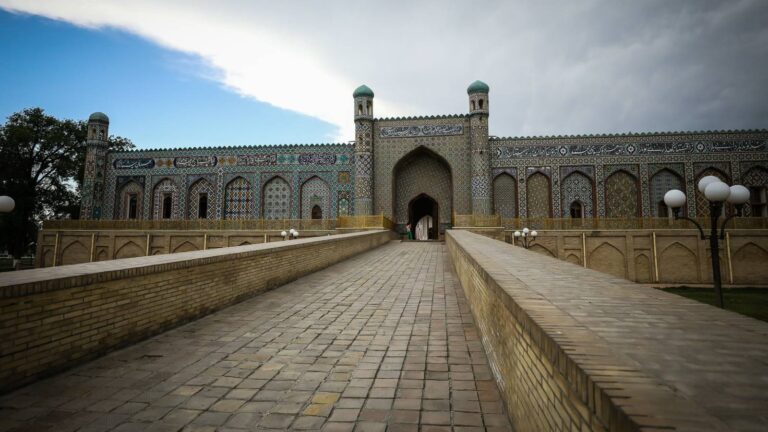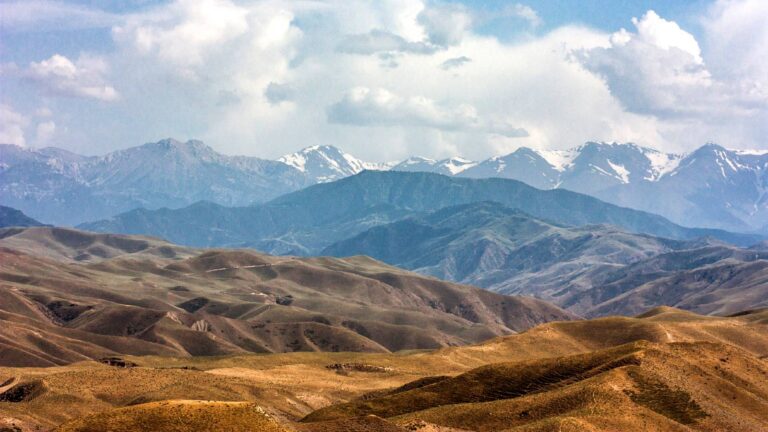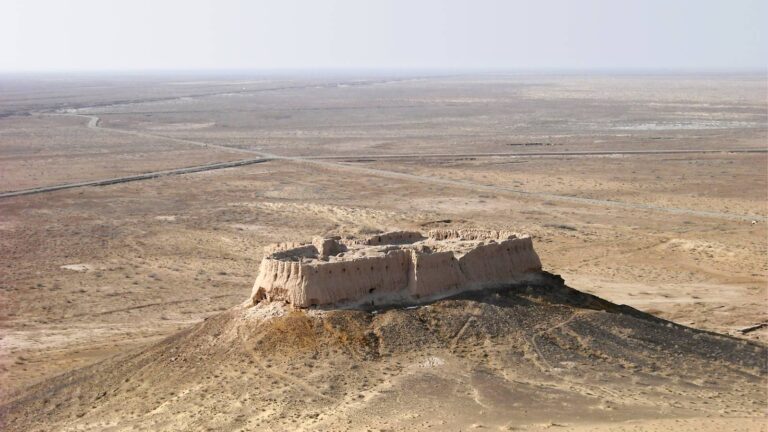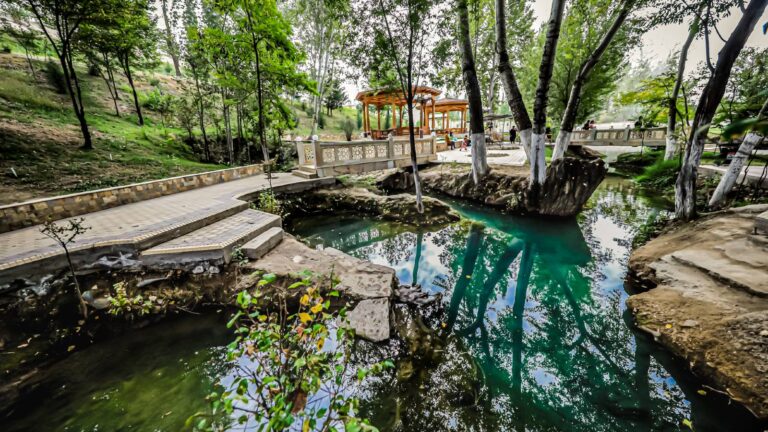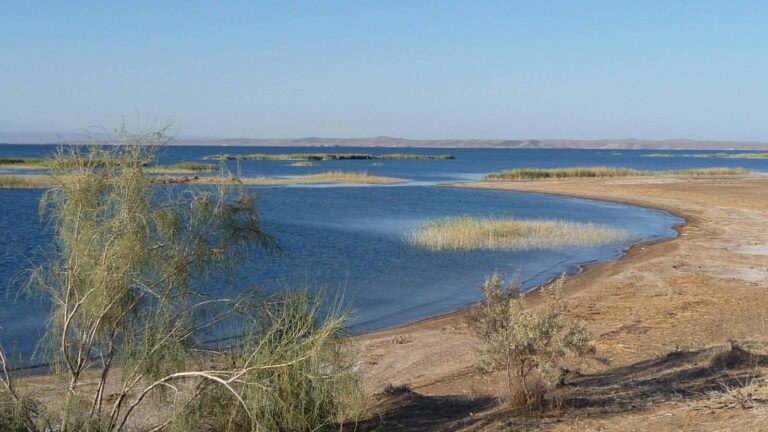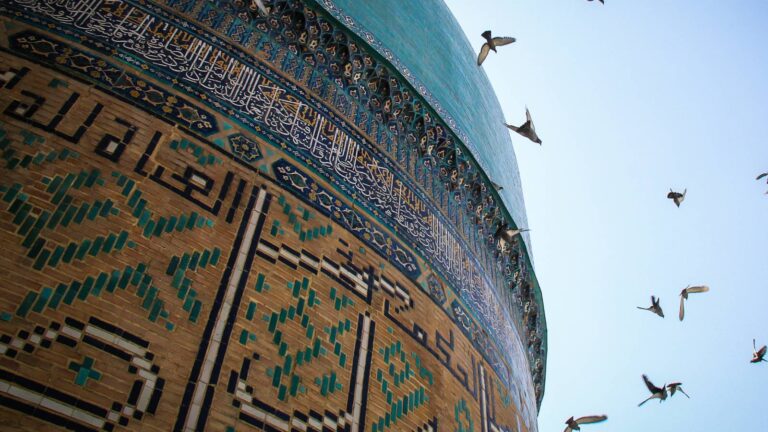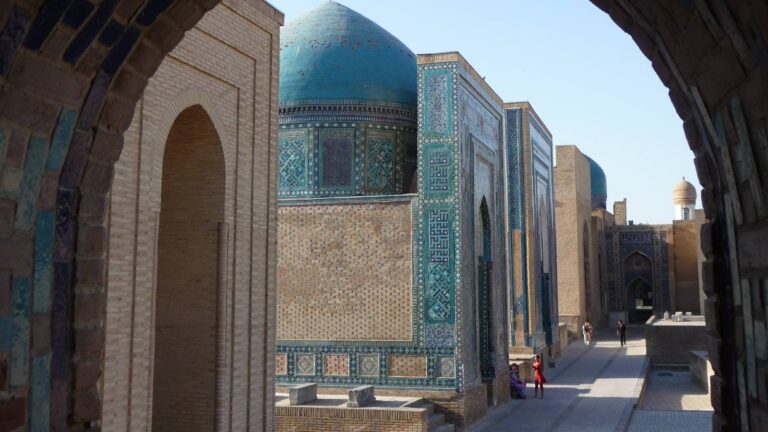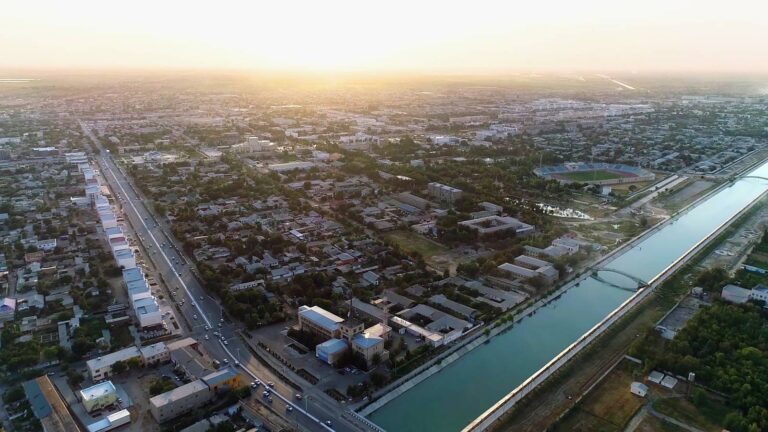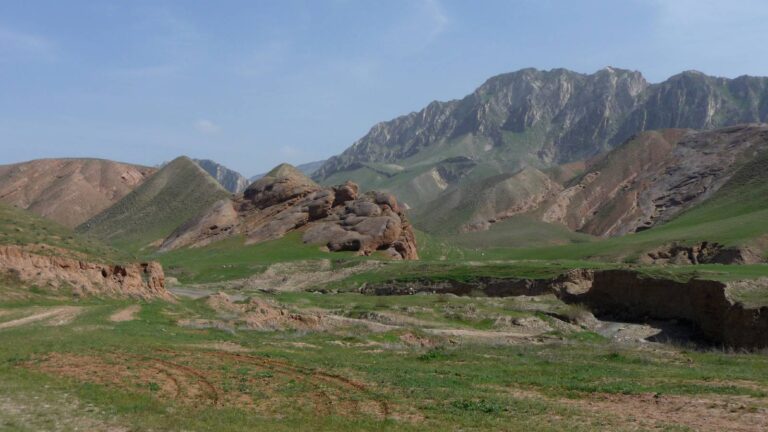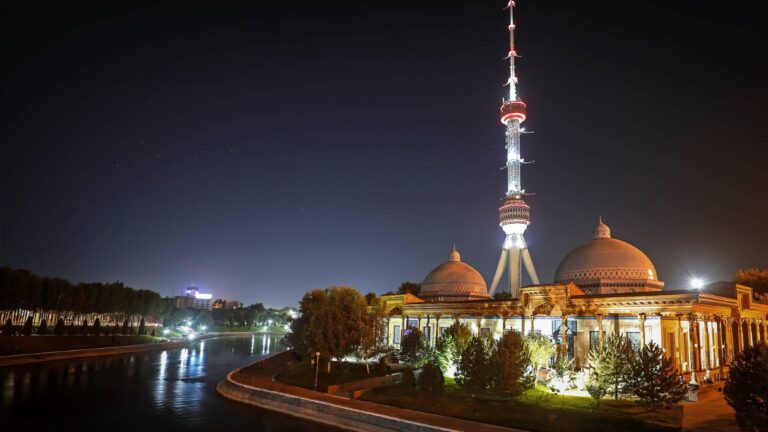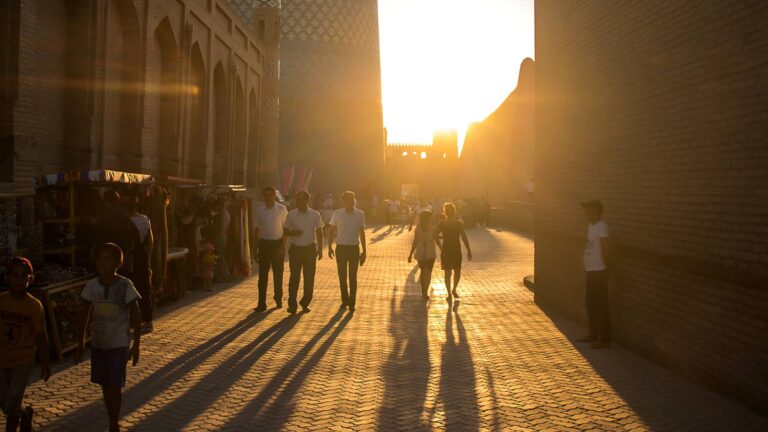By air: The region is served by the Tashkent International Airport, which is well-connected to major cities around the world.
By train: Tashkent is a major railway hub in Central Asia, and there are regular train services connecting it to other cities within Uzbekistan and beyond.
By bus: Tashkent has a comprehensive network of intercity and international bus services, making it convenient to reach the Tashkent region from other cities within Uzbekistan and neighbouring countries.
By car: Tashkent is connected to neighbouring countries through well-maintained road networks.
The region’s main city is Tashkent, a vibrant cultural and economic hub. It is known for its modern architecture, bustling bazaars, and numerous museums and art galleries.
Tashkent is home to many significant landmarks, including the Khast-Imam Complex, which houses the world-renowned Quran of Caliph Uthman. Other notable sites include Independence Square, Chorsu Bazaar, and Amir Timur Square.
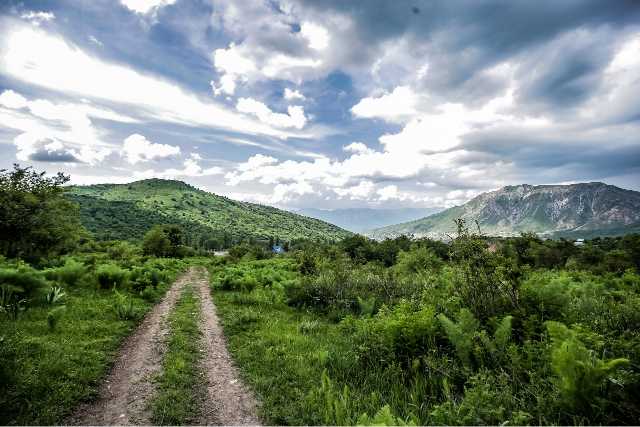

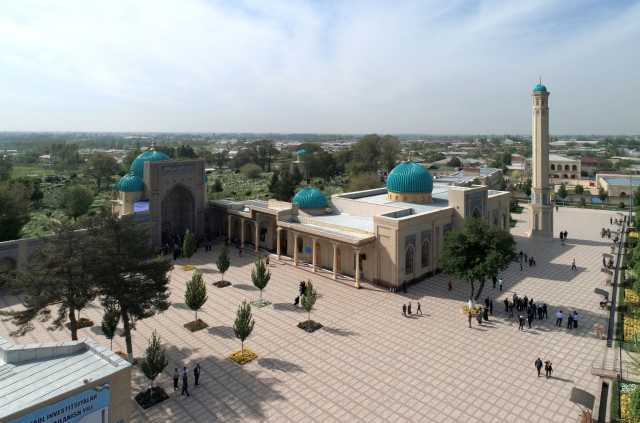
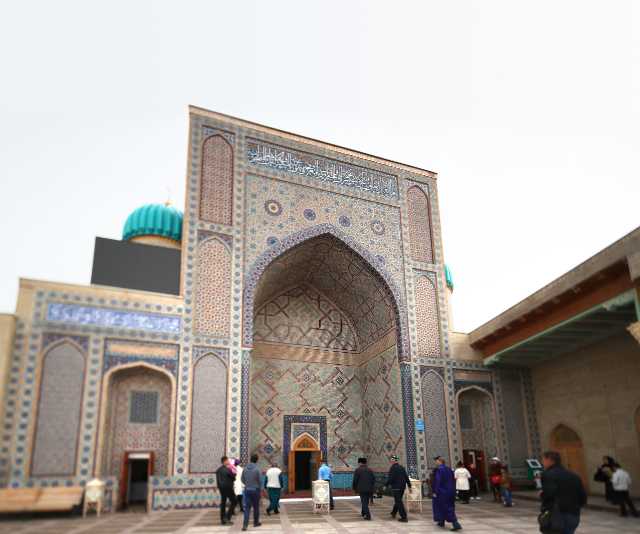
Food markets in Tashkent, such as Alay Bazaar and Yunusabad Bazaar, are excellent places to sample local delicacies and fresh produce.
Outside of the city, the Tashkent region boasts beautiful natural landscapes, including the lush Chimgan Mountains. The region is also home to Charvak Reservoir, a popular destination for water sports and beach picnics.


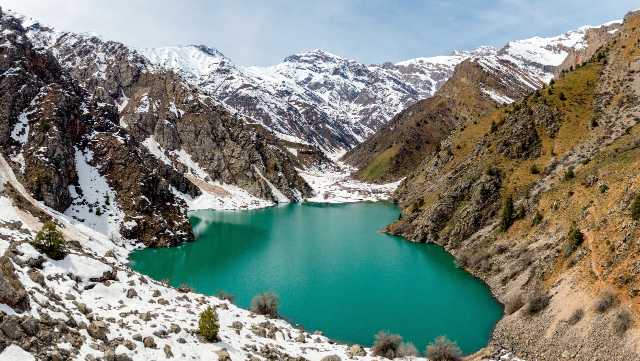
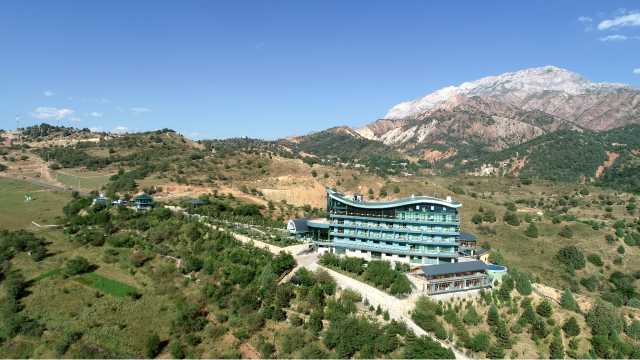
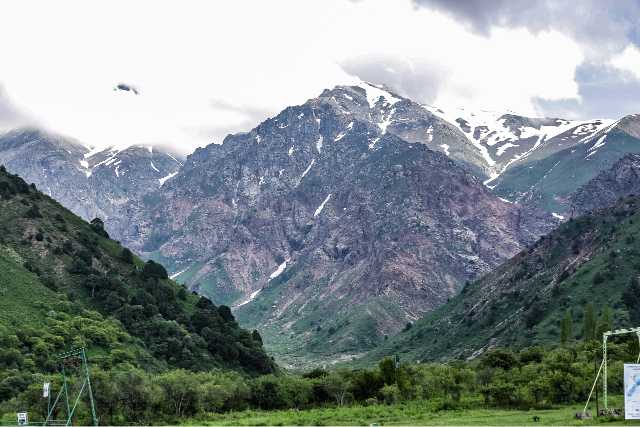
As a major hub on the Silk Road, the region witnessed the rise and fall of the empires that ruled Central Asia over the centuries. It came under Mongol, Timurid, Russian, and Soviet rule. Today, visitors can explore ancient remnants, Islamic monuments, and Soviet-era architecture, witnessing the region’s cultural exchanges and historical transformations.
Tashkent holds various cultural events, including the Tashkent International Film Festival and the Tashkent Jazz Festival.
The Tashkent region is located in the north-eastern part of Uzbekistan. It is situated on the vast plains of Central Asia and is surrounded by the Tian Shan Mountains to the south. The region is bordered by Kazakhstan to the north and east, the Kyrgyz Republic to the east, and other regions of Uzbekistan to the west and south.
Geographically, the region is characterised by its flat terrain, with the Chatkal and Pskem ranges of the Tian Shan Mountains providing a picturesque backdrop. The region is traversed by the Chirchiq River, which flows through Tashkent.
The climate of the Tashkent region is continental, experiencing hot summers and cold winters. Summers are generally dry and hot, with temperatures reaching up to 40 degrees Celsius (104 degrees Fahrenheit). Winters are cold, with temperatures dropping below freezing and occasional snowfall.
The region receives moderate rainfall, mainly in the spring and autumn seasons.
The region is a hub for industry and manufacturing. It houses numerous factories and industrial complexes that produce textiles, machinery, building materials, and food products, among other things. Tashkent, as the main city and economic center of the region, is home to a wide range of businesses and commercial activities.
Trade and commerce thrive in the Tashkent region, with the city serving as a major transport and logistics hub.
Agriculture still plays a significant role, with the region known for its production of crops such as cotton, wheat, fruits, and vegetables.


